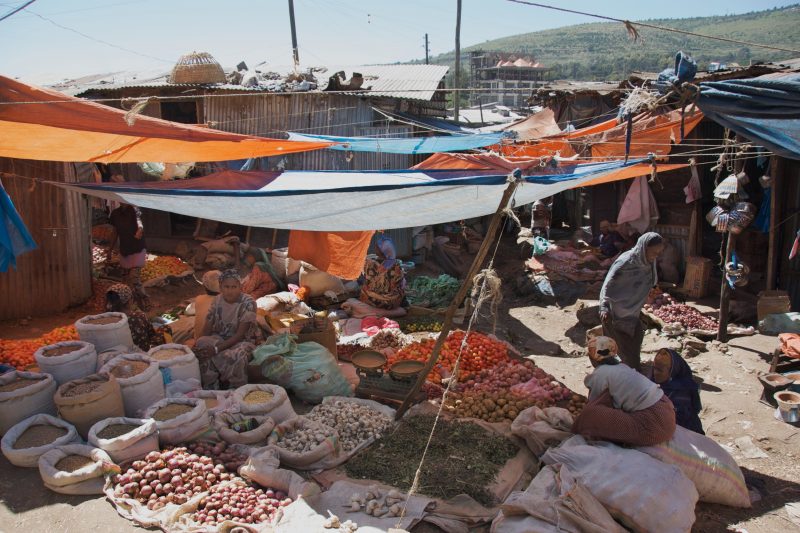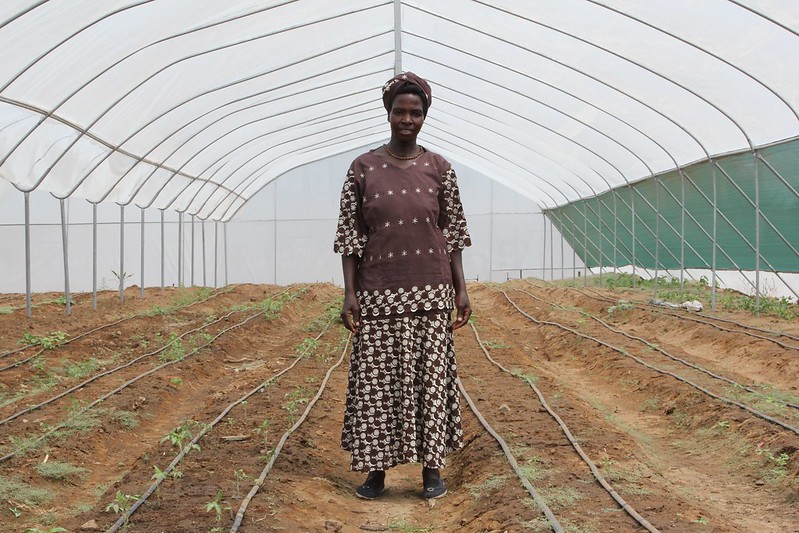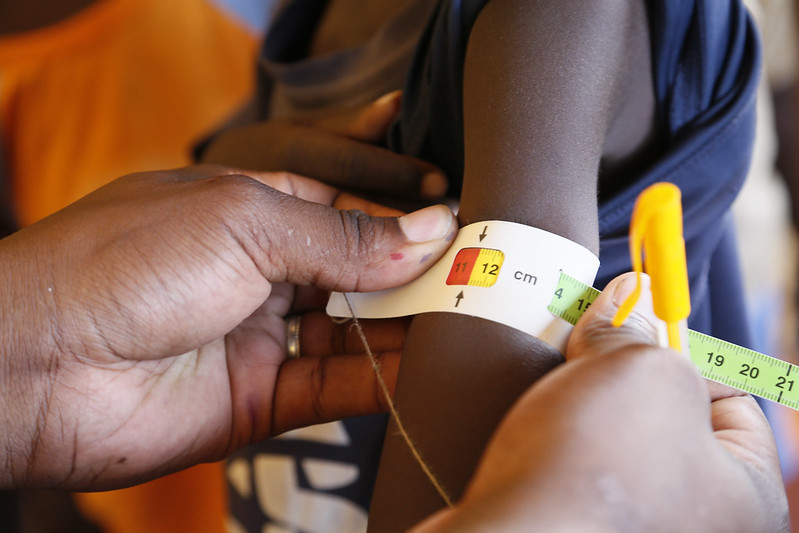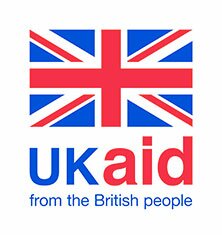COVID-19

This research report is the fourth in a series of six rounds of research, looking at the effects of COVID-19 on the poor and vulnerable urban households in Ethiopia. The report assesses the governments ongoing response to the pandemic as well as changes in household food security, livelihoods, education and access and use of health services and, explores how attitudes and behaviour towards the pandemic have changed. The results so far indicate that there have been varied impacts throughout the research sample, which to an extent are related to structural inequalities. The first three reports are available here.
Authored by Donna Harris, Biniyam Tadesse, Israel Mitiku, Mekdes Demissie, Alula Teklu, Girmay Medhin, and Frehiwot Belachew.






This brief from the third report in a 6-part series, explores the impact of COVID-19 and government response measures on poor and vulnerable groups in urban areas in Ethiopia. The findings highlight four key areas for urgent attention: misconceptions about COVID-19, rising food prices, inadequate and costly water supply and a reduction in the number of people receiving aid. The full research report can be found here. Authored by Donna Harris, Biniyam Tadesse, Israel Mitiku, Mekdes Demissie, Alula Teklu, Girmay Medhin, and Frehiwot Belachew.






Credit: Kasper Bøgsted Kristensen, Danish Red Cross
This brief from the second report of a six-part series exploring the impact of COVID-19 on vulnerable groups in Ethiopia, highlights the importance of policies that ensure the most vulnerable benefit from the support provided by government and other organisations, and that the process of targeting the support is transparent. Authored by Donna Harris, Alula Teklu, Girmay Medhin, Israel Mitiku, Biniyam Tadesse, Mekdes Demissie, and Frehiwot Bekele. The study is funded through the Building Resilience in Ethiopia (BRE) Programme and implemented in partnership with the Maintains Programme.



Credit: Kasper Bøgsted Kristensen, Danish Red Cross



This research report is the second in a series of six reports which provide an insight into the extent to which COVID-19 and associated government responses and measures affect the urban poor and vulnerable individuals across 10 cities and towns in Ethiopia. The findings have highlighted the importance of designing policy that ensures the most vulnerable benefit from the support provided by government and other organisations, and that the process of targeting the support is transparent. Authored by Donna Harris, Alula Teklu, Girmay Medhin, Israel Mitiku, Biniyam Tadesse, Mekdes Demissie, and Frehiwot Bekele. The study is funded through the Building Resilience in Ethiopia (BRE) Programme and implemented in partnership with the Maintains Programme.






In response to the COVID-19 pandemic, more than 200 countries/territories have expanded and adapted their social protection systems to mitigate the economic impact of the pandemic. Maintains is conducting a cross-country study to provide an operational assessment of these social protection responses using the conceptual framework and research questions described in this note.
Authored by Rodolfo Beazley, with Alexandra Doyle, Madhumitha Hebbar, Karin Seyfert, and Ludovico Carraro
All Maintains evidence and articles relating to COVID-19 can be found here.






Credit: Stanford Alumni Association Travel-Study Program, October - November 2007
This brief presents key findings from round one of a six part study, exploring the impact of COVID-19 and government response measures on poor and vulnerable groups in urban areas in Ethiopia. The full research report can be found here. Authored by Donna Harris, Alula Teklu, Girmay Medhin, Israel Mitiku, Biniyam Tadesse, and Mekdes Demissie. The study is funded through the Building Resilience in Ethiopia (BRE) Programme and implemented in partnership with the Maintains Programme.



Credit: Stanford Alumni Association Travel-Study Program, October - November 2007



Credit: Daniel Cima/American Red Cross
Maintains is about to start an in-depth study of the impact of COVID-19 and control measures on poor households and vulnerable groups in urban settings in Ethiopia. In this blog, originally posted on the OPM site, Donna Harris and Zoma Mesfin describe findings from preliminary interviews with key informants, along with the key issues which emerged and how these will be explored in the upcoming Maintains study.



Credit: Daniel Cima/American Red Cross



Credit: Marisol Grandon/DFID
The COVID-19 pandemic will mean many more millions of people will not have enough to eat, with predictions that some 265 million people could be pushed into acute food insecurity. This rapid literature review explores strategies to address the short and longer term impacts of malnutrition caused by the pandemic.



Credit: Marisol Grandon/DFID



Credit: Russell Watkins/DFID
The COVID-19 pandemic will cause the already significant numbers of people who do not have enough to eat to rise, with predictions that some 265 million people could be pushed into acute food insecurity. This rapid literature review explores strategies to address the short and longer term impacts of malnutrition caused by the pandemic.



Credit: Russell Watkins/DFID


